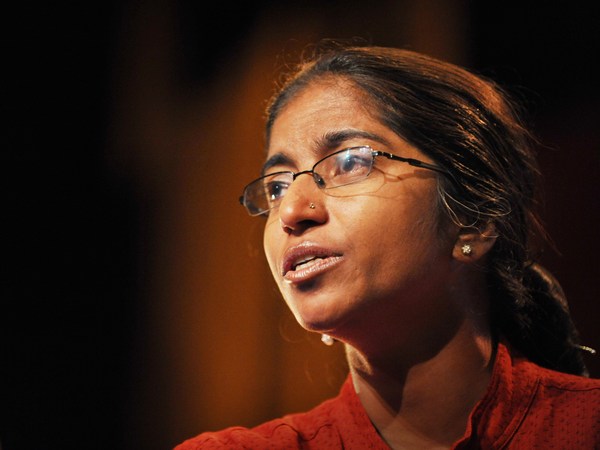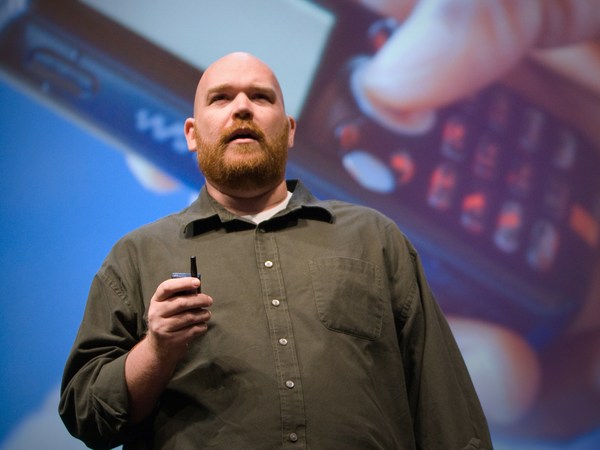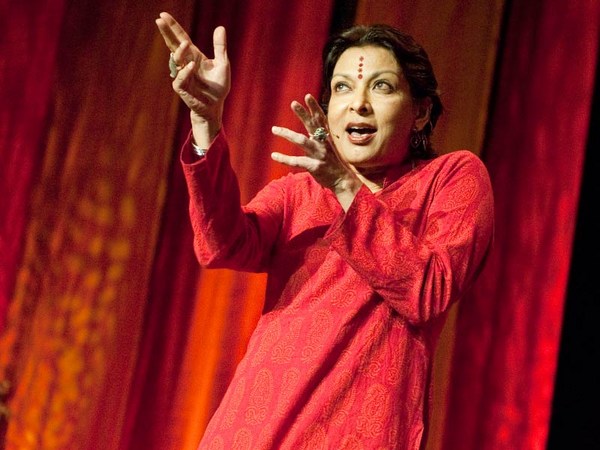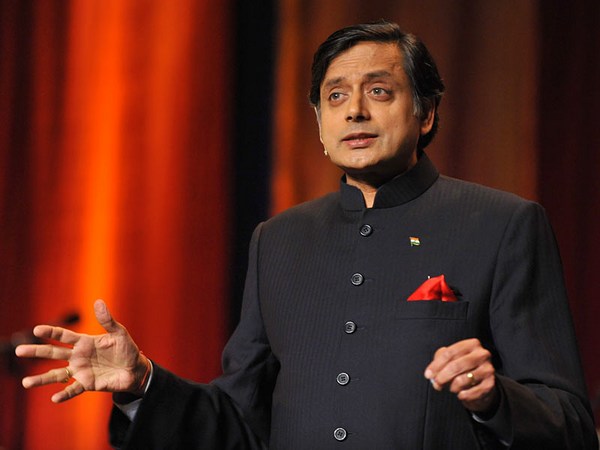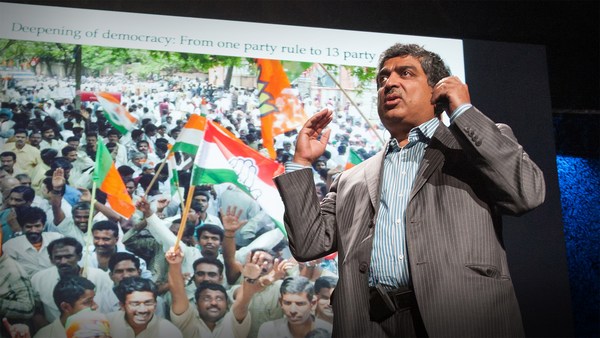Namaste. Salaam. Shalom. Sat Sri Akal. Greetings to all of you from Pakistan. It is often said that we fear that which we do not know. And Pakistan, in this particular vein, is very similar. Because it has provoked, and does provoke, a visceral anxiety in the bellies of many a Western soul, especially when viewed through the monochromatic lens of turbulence and turmoil. But there are many other dimensions to Pakistan.
And what follows is a stream of images, a series of images captured by some of Pakistan's most dynamic and young photographers, that aims to give you an alternative glimpse, a look inside the hearts and minds of some ordinary Pakistani citizens. Here are some of the stories they wanted us to share with you.
My name is Abdul Khan. I come from Peshawar. I hope that you will be able to see not just my Taliban-like beard, but also the richness and color of my perceptions, aspirations and dreams, as rich and colorful as the satchels that I sell.
My name is Meher and this is my friend Irim. I hope to become a vet when I grow up so that I can take care of stray cats and dogs who wander around the streets of the village that I live near Gilgit, northern Pakistan.
My name is Kailash. And I like to enrich lives through technicolored glass. Madame, would you like some of those orange bangles with the pink polka dots?
My name is Zamin. And I'm an IDP, an internally displaced person, from Swat. Do you see me on the other side of this fence? Do I matter, or really exist for you?
My name is Iman. I am a fashion model, an up-and-coming model from Lahore. Do you see me simply smothered in cloth? Or can you move beyond my veil and see me for who I truly am inside?
My name is Ahmed. I am an Afghan refugee from the Khyber agency. I have come from a place of intense darkness. And that is why I want to illuminate the world.
My name is Papusay. My heart and drum beat as one. If religion is the opium of the masses, then for me, music is my one and only ganja.
A rising tide lifts all boats. And the rising tide of India's spectacular economic growth has lifted over 400 million Indians into a buoyant middle class. But there are still over 650 million Indians, Pakistanis, Sri Lankans, Bangladeshis, Nepalese, who remain washed up on the shores of poverty.
Therefore as India and Pakistan, as you and I, it behooves us to transcend our differences, to celebrate our diversity, to leverage our common humanity. Our collective vision at Naya Jeevan, which for many of you, as you all recognize, means "new life" in Urdu and Hindi, is to rejuvenate the lives of millions of low income families by providing them with affordable access to catastrophic health care. Indeed it is the emerging world's first HMO for the urban working poor.
Why should we do this as Indians and Pakistanis? We are but two threads cut from the same cloth. And if our fates are intertwined, then we believe that it is good karma, it is good fortune. And for many of us, our fortunes do indeed lie at the bottom of the pyramid. Thank you. (Applause)
Chris Anderson: Fantastic. Just stay up here. That was fantastic. I found that really moving. You know, we fought hard to get at least a small Pakistani contingent to come. It felt like it was really important. They went through a lot to get here. Would the Pakistanis please just stand up please? I just really wanted to acknowledge you. (Applause) Thank you so much.
